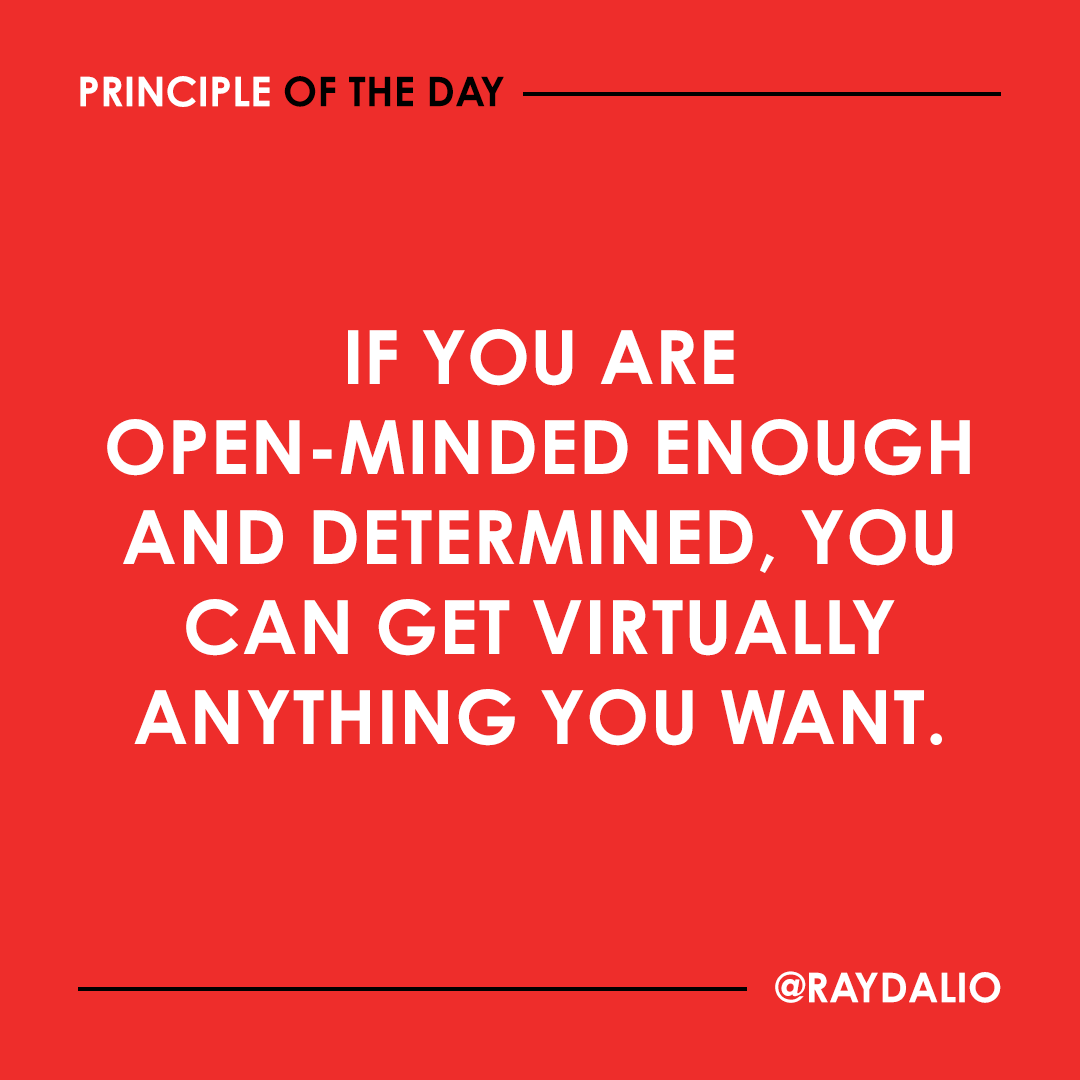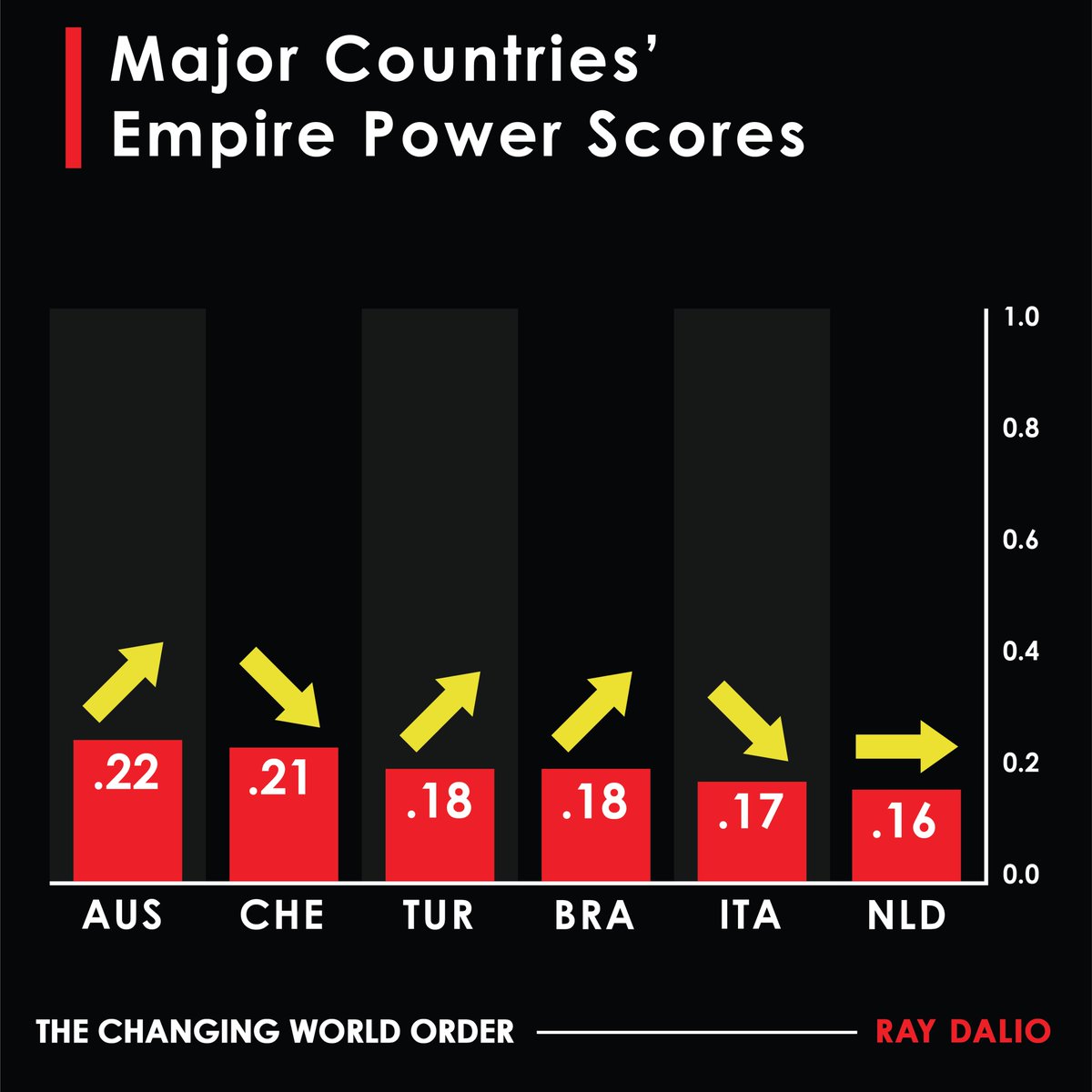
In 1971 when I was a young clerk on the floor of the New York Stock Exchange, the United States ran out of money and defaulted on its debts. That's right, the US ran out of money. (1/6) 

How? Well, back then gold was the money used in transactions between countries. Paper money, like the dollar, was like checks in a checkbook in that it had no value other than it could be exchanged for gold, which was the real money. (2/6)
At the time, the United States was spending a lot more money than it was earning by writing a lot more of these paper money checks than it had gold in the bank to exchange for them. (3/6)
As people turned these checks into the bank for gold money, the amount of gold in the US started to dwindle. (4/6)
It soon became obvious that the US couldn't keep its promises for all the existing paper money, so people holding dollars rushed to exchange them before the gold ran out. (5/6)
You can watch my free video on the Changing World Order to learn more and understand how the past can teach us about what’s happening now: #changingworldorder (6/6)
• • •
Missing some Tweet in this thread? You can try to
force a refresh












